Developers behind popular screen brightness and color control software f.lux issued a formal statement in response to Apple's debut of "Night Shift" in the latest iOS 9.3 beta, calling on the tech giant to allow a proper version of f.lux into the iOS App Store and open API access to Night Shift's display management tools.
In its carefully worded response, f.lux lauded Apple's Night Shift beta launch, an iOS feature that automatically shifts display color temperature towards the warmer end of the spectrum to ease physiological effects of being exposed to cold blue light at night.
"Apple's involvement in fixing this problem is a big commitment and an important first step," writes f.lux cofounder Michael Herf.
According to medical research cited by f.lux, exposure to blue light before going to bed suppresses the natural production of melatonin and can delay sleep for an hour. Apple's iOS 9.3 preview page says much the same, noting bright blue light can affect normal circadian rhythms.
Herf says his app, designed in 2009, was the first to employ automated display settings management to limit exposure to bright light — especially in the blue spectrum — for a better night's sleep. The app was first available on Mac and in 2011 made it to iOS, but because it utilized private APIs, f.lux was limited to jailbroken devices. With the advent of sideloading in Xcode 7, f.lux for iOS was available in a legitimate capacity, but Apple shut down the project in November, again for using private APIs.
"Today we call on Apple to allow us to release f.lux on iOS, to open up access to the features announced this week, and to support our goal of furthering research in sleep and chronobiology," Herf says.
Apple's introduction of Night Shift just two months after f.lux sideloads were banned is reminiscent of Sherlock, the Mac OS file and Web search tool succeeded by Spotlight. Some believe Sherlock (specifically Sherlock 3) was an Apple clone of Karelia Software's Watson, though others claim Watson copied Sherlock 2. In the end, Sherlock 3 effectively killed Watson, spawning the neologism "Sherlocked." In this case, the proper terminology would by "Night Shifted," but "f.luxed" does have a better ring to it.
 Mikey Campbell
Mikey Campbell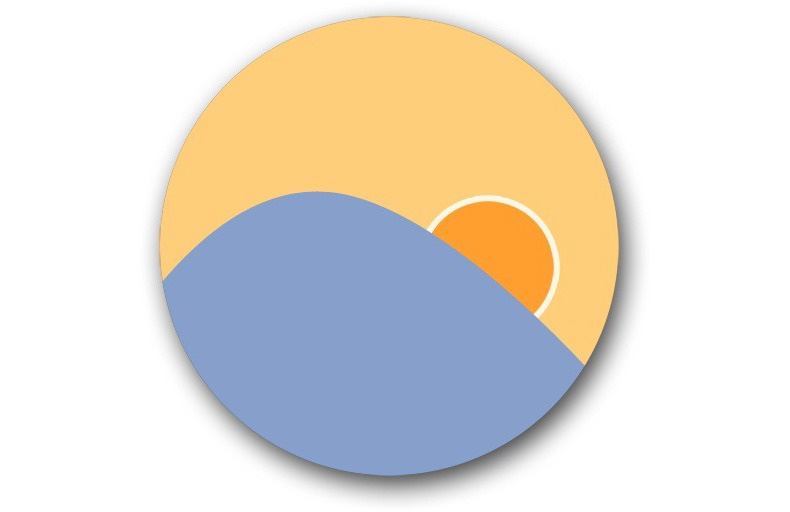




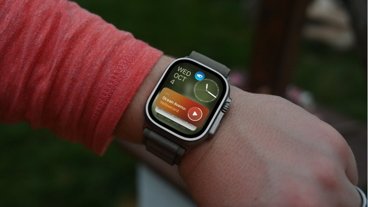


-m.jpg)





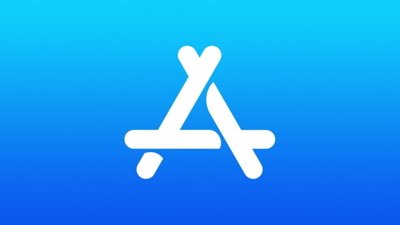
 Amber Neely
Amber Neely
 William Gallagher
William Gallagher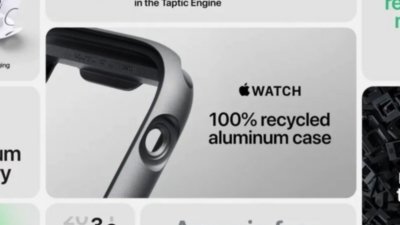
 Malcolm Owen
Malcolm Owen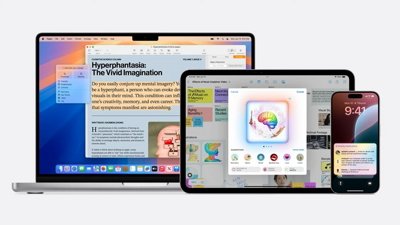


 Andrew O'Hara
Andrew O'Hara
 Andrew Orr
Andrew Orr



-m.jpg)






52 Comments
Had to chuckle at the last bit. I'll be interested to see how this plays out.
I wish I would have known about this tech years ago. I'm been using it on my Mac since the word of Night Shift for iOS arose a few days ago. I love it. I do wish there were more options in F.lux, so I'd hope that Apple does open up the API so I can buy F.lux for iOS on the App Store, as I'm sure Apple's version will be much simpler and less configurable, not unlike comparing Apple's Keychain passwords to 1Password.
If the feature is going to be built into iOS, is there a need for f.lux at all? Count me confused. It is a shame that Apple tramples on the little guy like this.
"Some" say Watson ripped off Sherlock? I'd never heard of that before and it's certainly not the way I remember it unfolding back in the day.